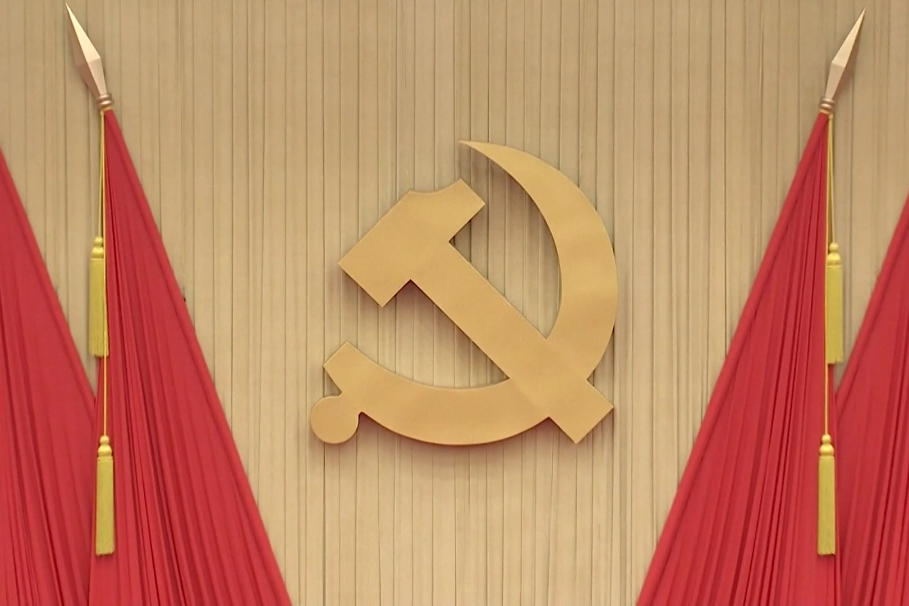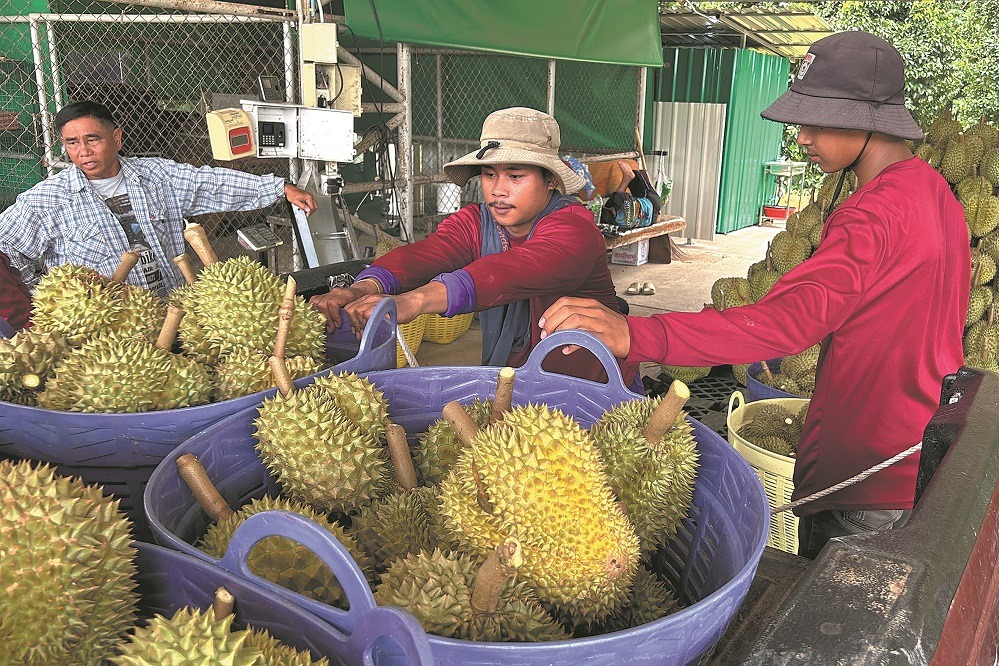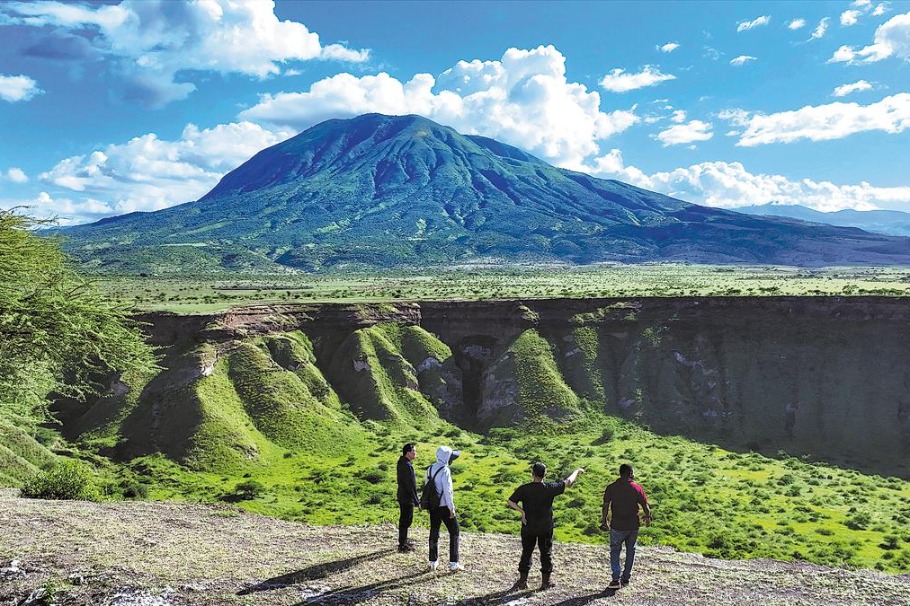Chinese peace: Untold stories on the ground in South Sudan
By Meng Wenting | chinadaily.com.cn | Updated: 2019-10-06 10:50
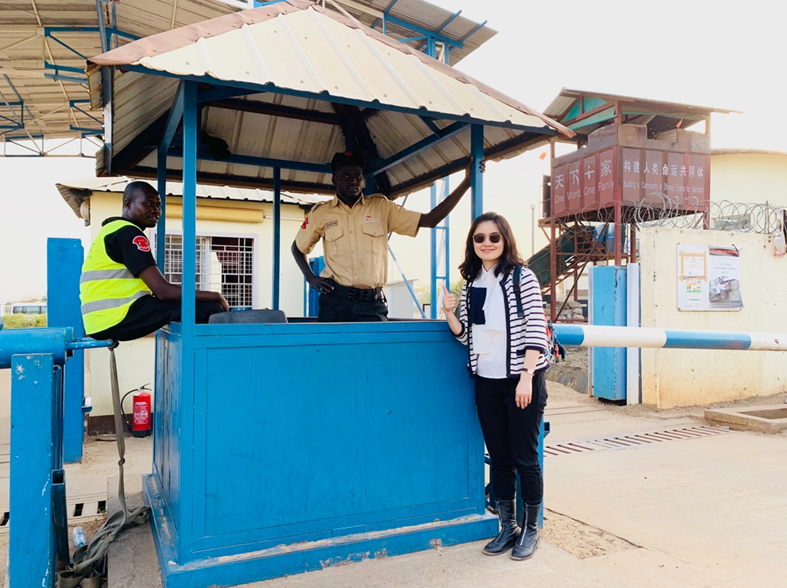
My first African friend is Awan from South Sudan. I met him in Beijing while I was working on my research on China’s participation in UN peacekeeping. He told me that his first foreign friend is a Chinese worker who built a bridge near his living place in his hometown, Rumbek. Our friendship and experiences reflect a long history of China-South Sudan relations. I believe people to people exchanges will result in profound insights and deepened understanding.
Later I made my first-ever visit to South Sudan, the country I had read on tremendously but never really felt it. During my field trip, fifteen in-depth interviews were conducted with individuals from a broad cross-section of national and international stakeholders, including think tanks, multilateral agencies, diplomats, military personnel, business people, and non-government organizations (NGOs). I find China’s peacebuilding in South Sudan are highly appreciated and valued by the people on the ground.
After decades of civil wars, the people of southern Sudan voted to secede from the north in an attempt to escape the violence. On declaring independence in 2011, South Sudan was one of the least developed places on earth, but with the ability to draw upon significant oil reserves worth $150 million a month, the foundation for a successful future was firmly in place. Unfortunately, deep fissures in its ruling party were laid bare and that dispute turned into nationwide ethno-political conflicts in late 2013 and relapsed again in 2016. In those decisive moments, China always acts as a responsible country.
CNPC: commercial peace brings a shared future
China is South Sudan’s largest trade partner, which is also the case for more than 100 other countries worldwide. The most often mentioned investment is the oil investment by the Chinese National Petroleum Company (CNPC), which is actually jointly operated by the CNPC, Petronas of Malaysia, Indian Oil and Natural Gas Corporation, and Nilepet of South Sudan. Among these four stakeholders, China and Malaysia have almost equivalent shareholding. However, very few Malaysians are working in South Sudan due to the challenging environment. Although people often believe that China is the single largest investor in the oil industry in South Sudan, this is not accurate.
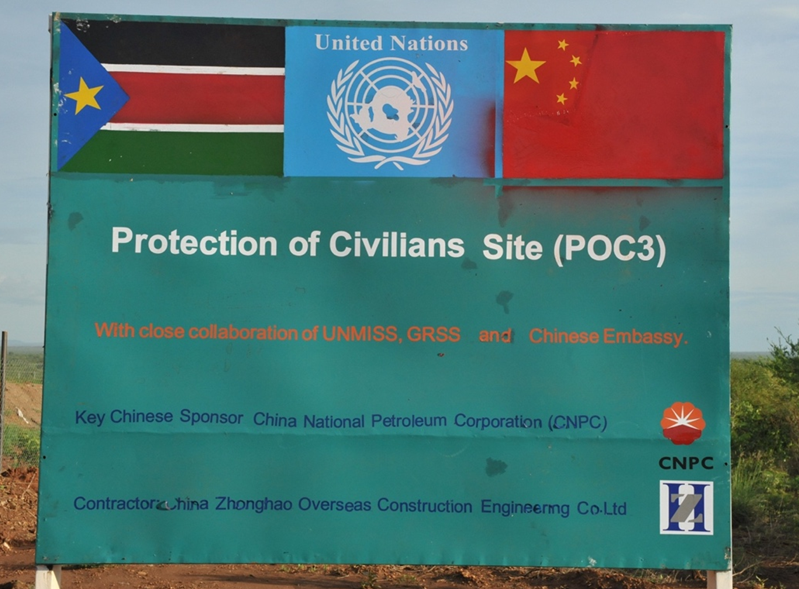
When the deadly civil war broke out in December 2013, every country was seeking to evacuate its nationals in emergency conditions. All the employees of the US Embassy have withdrawn from Juba. Surprisingly, this state-owned company CNPC chose to stay and the larger Upper Nile state fields remained operational though some other fields were targeted and destroyed by the rebels. Chinese diplomat Zhong Jianhua, then special representative of the Chinese government on African affairs, China’s Foreign Policy Experiment in South Sudan, said Beijing was driven by “a sense of responsibility” to preserve South Sudan’s economic future, which lives or dies with the oil industry. Indeed, Statistics show that almost all of the South Sudan government’s income is from the oil business. In a long time after the civil war, CNPC has been supporting South Sudan's national economy in the cost of its own profits. In January and February 2016, when benchmark crude oil prices dipped to below $30 per barrel, CNPC lost nearly $2 million a day.
A friend in need is a friend indeed. CNPC helps stabilize South Sudan’s economy and prevent a new round of mass chaos. It brings “commercial peace” to the country. China was highly appreciated as an important trade partner by the government of South Sudan. Additionally, 90 percent of CNPC employees in the fields are from local places, which benefits the civilians of the country. CNPC also donated money on a number of physical constructions for the South Sudanese. It helps build the Protection of Civilians (POC) site 3 of the United Nations Mission South Sudan (UNMISS), which is the home for thousands of internal displaced people. This vividly demonstrates China’s position on South-South cooperation, as President Xi said at the Opening Ceremony of the 2018 FOCAC Beijing Summit “China has stood with African countries and always follows the principle of pursuing the greater good and shared interests.”








